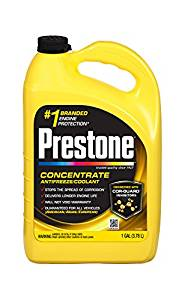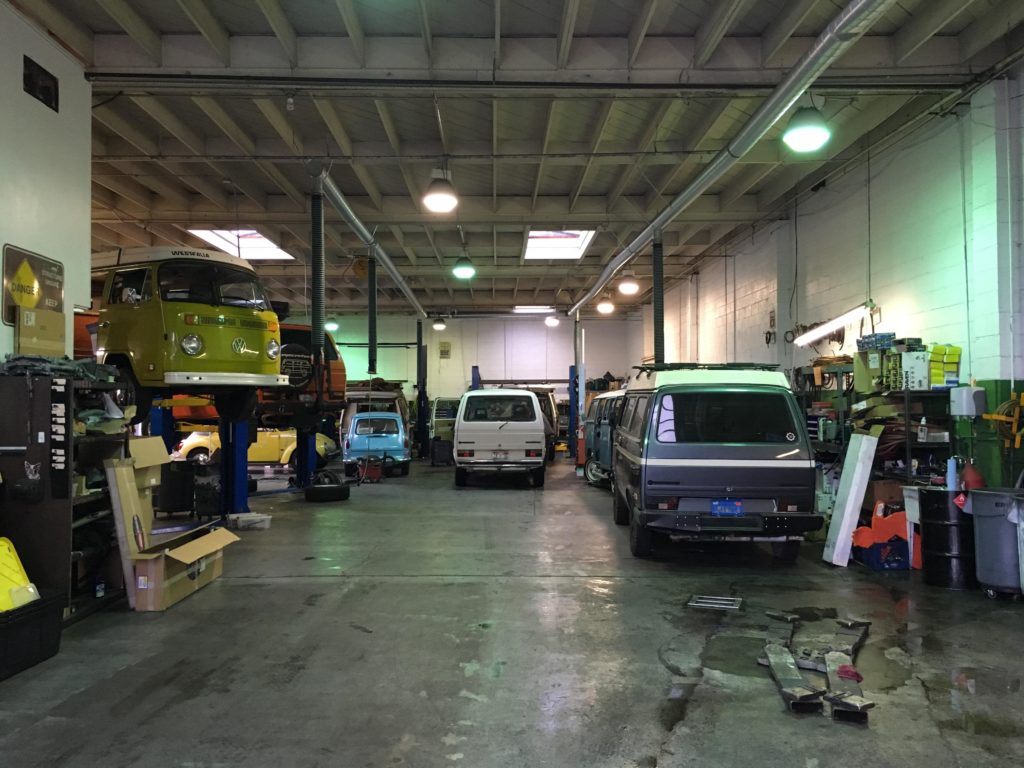Antifreeze, coolant
Being frugal means taking care of your stuff.
Your car is a major part of “your stuff.” I’ve posted before that maintenance is essential to protecting your vehicle. This
time, I want to address a specific item—antifreeze/coolants.
That seems fairly straightforward. It used to be. In the good old days. Then all you had to do was pull into your local gas station, grab a jug of that florescent green liquid, and fill the radiator to top. Like so many other things that used to be, those days are gone forever. Even the fluid you put in your radiator has become complex.
Most people don’t realize that all antifreeze is not the same. Adding the wrong antifreeze/coolant to your radiator can mean big trouble. If you add the wrong antifreeze/coolant, it may turn into sludge when it mixes with the type already in there. This can restrict the flow of fluid causing the engine to overheat. Overheating causes serious engine problems. Or, the mixture could diminish the life of both coolants making it useless and (again) resulting in overheating and engine damage. Or, it could damage the components of the cooling system to include the radiator heating core, its housing, hoses, and software (gaskets, O-rings, etc.), even auxiliary components (water pump and hoses, etc.).
The problem is corrosion. Corrosion can take a number of forms: pitting, erosion, separation of materials, and other. Anti-freeze/coolants are basically corrosive chemical solutions. Among the additives to the basic solution are corrosion inhibitors. These inhibitors slow down—but don’t completely negate—the corrosive effects.
Your car’s engine, radiator and auxiliary parts can be composed of a variety of materials, often in combination (alloys)—steel, iron, aluminum, copper, plastic, rubber… All of these react differently to the corrosive properties in antifreeze/coolants. If the anti-corrosion additives in the fluid you use are not correct, you can experience engine damage in a fairly short time period.
Here’s an example: An O-ring (a type of seal) that comes in contact with antifreeze that is not compatible will corrode quickly. Depending on the composition of both the O-ring and the antifreeze, it could pit, or crack, or disintegrate, or something else. Regardless, eventually the O-ring would no longer function properly. Other engine parts will become exposed to an unintended material (the antifreeze) and be vulnerable to damage.
You won’t know this is happening until the problem is manifest, and by then, it’s likely to be expensive.
However … If the proper antifreeze is used, the corrosion will be greatly slowed. The life of both the proper O-ring and the anti-corrosive properties in the correct antifreeze are taken into consideration by the auto manufacturer. You’ll find recommendations in your owner’s manual about type of fluids to put in your car and when to change them. Also, auto mechanics/technicians build their reputations not just on fixing broken cars, but on keeping them running trouble free. Go to them for info. (I know I’ve suggested in other posts that working on your car yourself is a frugal move. It definitely is. But, where do you go for info? Manuals are a good source, so it the internet, but mechanics make their living at this. So, patronize them—in a few little things, or the first time something needs to be done. Chat them up about the hows, the whys, the whats—and maybe about something more than the job that’s just been done. Many times you can get enough information to make the next “something that needs to be done” a reasonable DIY project.
My take
I overheard a father-son conversation in an auto parts store. It was obvious the kid (a teenager) was wanting to do some work on his car—change fluids, etc. (I’m guessing it was a “new to him” vehicle—probably his first car.) Anyway he was in the parts store and Dad was along in an advisory position. After listening a minute, I thought I’d check out what the father had to say. I talked to friends who are mechanics—both driveway and professionals; some got very into it. I also read a number of articles on antifreeze/coolants.
After researching, I realized there should be more consideration in picking an antifreeze/coolant than “grabbing a jug off the shelf.” In fact, I thought that many of us who change or top off our own (in our uneducated state) have been very fortunate not to have damaged our vehicles.
Companies that design and produce automobiles conduct tests to determine and insure that their claims to vehicle durability can be warranted. Your automobile should last a great number of miles. They test each system and the car as a whole under varying conditions so that they can make credible claims. As part of this process they will take into consideration how the things we use in and on our cars will affect those claims. Among the things they know are the best products for preserving the finish, what grade of fuel is most efficient, what the air psi in the tires should be, and how long certain internal parts will last when exposed to various chemical compounds or solutions (like antifreeze). They also test to see what solutions over the greatest range of engine temperature. It’s more technical than most of us want to know, so they make recommendations. You’ll find these in your owner’s manual. (You can find them online if don’t have a manual.) When it comes to something like antifreeze they’ll recommend a type—not a brand—just like they do with fuel. (Dealership techs, however, may have preferences.) To get the warranted miles out of your vehicle, I recommend you use the manufacturer recommended products.
How is this frugal?
Being frugal means taking care of your stuff.
This is frugal because you are taking care of your automobile—especially if you can do the labor yourself. Because the manufacturers tend to be cautious in their estimates, you may extend the life of your vehicle beyond the warranty. At a minimum you’ll decrease the likelihood of costly repairs or early replacement.
Is there a way to be more frugal?
Sure. As I said earlier, the auto manufacturer will probably recommend a type of antifreeze/ coolant. It’s the mechanic who’ll suggest a brand. You can always look for “something that is comparable to” X-brand. I would not, however, suggest trying to save money by extending the time period between recommended servicing.
Conclusion
To prove its best performance, the people who manufactured your vehicle have tested and retested it (in prototype). Because they want to continue to do business, they’ll recommend products (in this case, antifreeze/coolants) that will help uphold their claims. Proper care, using the correct products and preventative maintenance will maximize your time and money. That’s being frugal.
Never miss another post follow me on Facebook
If this article were helpful please share.


